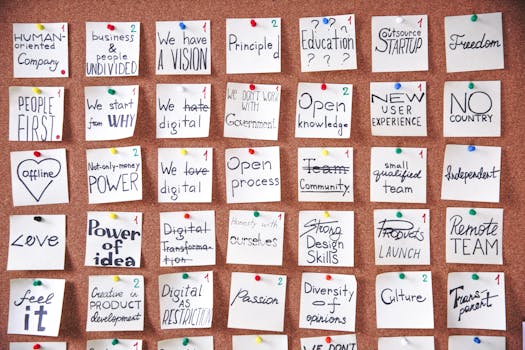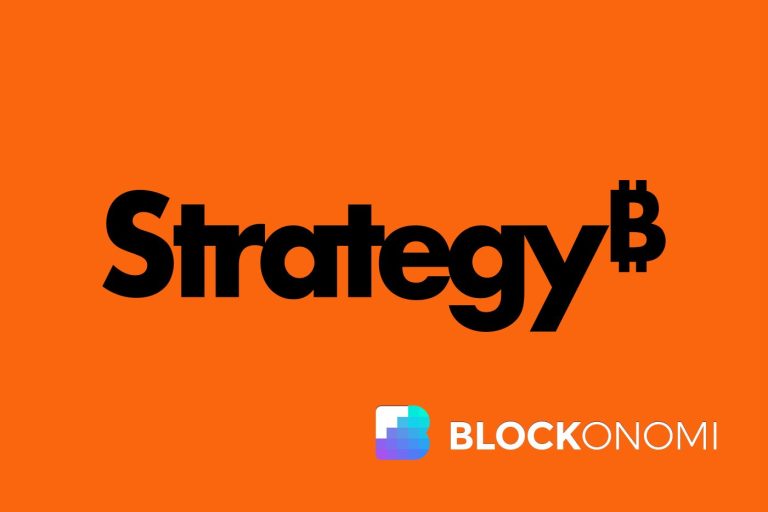
Introduction

Time is an invaluable resource that often feels insufficient. In today’s fast-paced world, successfully managing your time is crucial to achieving your personal and professional goals. Effective time management leads to improved productivity, reduced stress, and a better overall quality of life.
In this blog post, we will explore several strategies to elevate your time management skills, allowing you to take control of your schedule and optimize your performance across various facets of life.
1. Set Clear Goals

The foundation of effective time management is setting clear and achievable goals. Without a defined target, managing time becomes a logistical exercise without direction. Here’s how to set impactful goals:
- SMART Goals: Ensure that your goals are Specific, Measurable, Achievable, Relevant, and Time-bound. This framework enables precision in focus and progress tracking.
- Visual Tools: Utilize tools such as mind maps, vision boards, or even simple lists to visualize your goals and respective timelines. Clarity in visualization enhances motivation.
- Set Priorities: Maintain a ranking system for your goals by establishing which tasks are most urgent and critical. This prevents time-wasting on less important activities.
2. Prioritize and Delegate Tasks

One of the hallmarks of effective time management is understanding what to focus on at any given moment. Here are practical approaches to manage your tasks efficiently:
- The Eisenhower Matrix: Categorize tasks based on their urgency and importance—a technique attributed to President Dwight D. Eisenhower. Tasks that are both urgent and important should be prioritized, while tasks that are neither can often be eliminated.
- Delegation: Delegate tasks when possible, particularly those that do not require your specific expertise. Reducing your workload by empowering others fosters a healthier team dynamic and boosts overall productivity.
- Time Blocking: Allocate specific blocks of time for distinct tasks. With set periods focused on single tasks, interruptions and multitasking decrease, allowing for deeper concentration.
3. Avoid Distractions

Modern technology can be as distracting as it is useful. Implementing strategies to combat distractions can significantly enhance your efficiency:
- Turn Off Notifications: Start by eliminating non-essential notifications from your devices. Uninterrupted workflow is often more productive.
- Create a Dedicated Workspace: Where you work matters. Create a clutter-free workspace that signals to your mind it’s time to put work in focus.
- Use Focus Tools: Applications and methods—like the Pomodoro Technique, which intersperses work sessions with short breaks—can keep attention intact.
4. Embrace Technology

There’s an array of apps, programs, and online tools designed to boost time management and organizational skills. Some suggestions include:
- Task Management Software: Tools such as Asana, Trello, or Todoist organize your tasks and prioritize for you.
- Calendar Applications: Calendar applications like Google Calendar help schedule tasks and time, allowing for visibility and easy planning.
- Focus-Enhancing Apps: Consider using software dedicated to limiting distractions and enhancing focus, like StayFocusd or Freedom.
5. Reflect and Optimize

Finally, improving your time management skills is an iterative process; optimizing workflows is essential. Engage in regular reflection to continue growing your efficiency:
- Weekly Reviews: Set aside time regularly, perhaps weekly, to review what worked and what didn’t regarding your time management strategies. Adjust your practices accordingly.
- Embrace Continuous Learning: Time management strategies are evolving; podcasts, webinars, and workshops — including reading books — provide insights into effective management techniques and tools.
- Self-Assessment: Identify repeating patterns in your tasks that contribute to effective time management versus those that hijack progress. Self-awareness is central to refining your approach.
Conclusion

Effective time management is not merely a skill; it is a competitive advantage. By implementing strategies such as setting clear goals, prioritizing effectively, curbing distractions, leveraging technology, and engaging in reflection, you can reclaim control over your time.
The pandemic backdrop reminds us of the fluidity essential to manage our personal and professional lives effectively. Evaluating how you manage your time could be the key determinant of your well-being and success.
Takeaways

- Set clear and achievable goals using SMART criteria.
- Prioritize tasks effectively and delegate when appropriate.
- Minimize distractions to create a more efficient workspace.
- Utilize technology to stay organized and focused.
- Reflect regularly to optimize your time management approaches.






